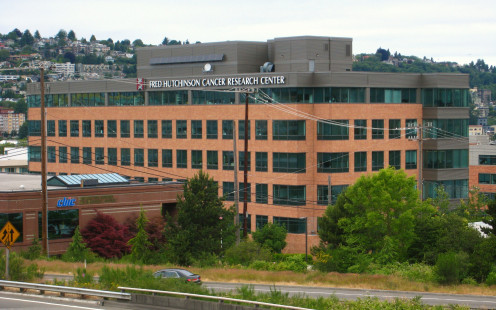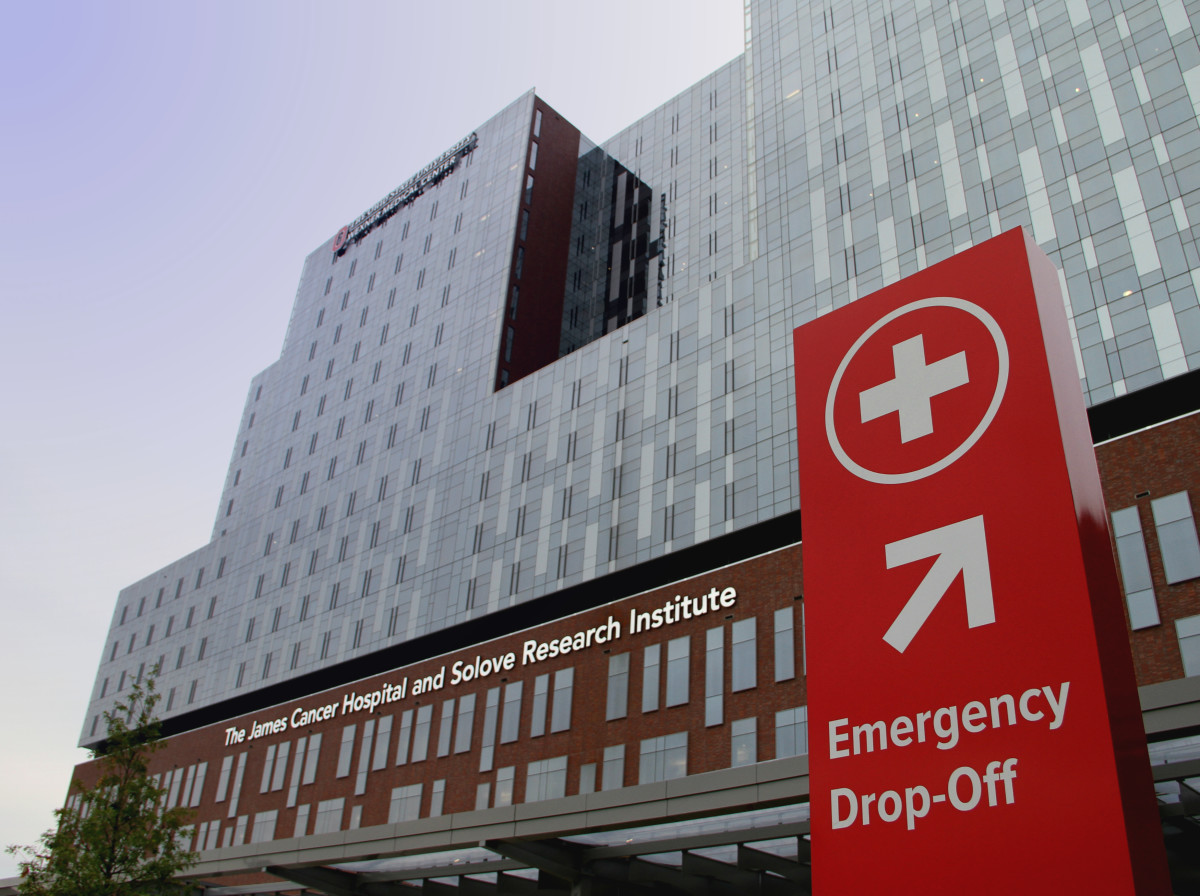Rise of the Comprehensive Cancer Center in the United States

More than one million people in the United States develop cancer each year and one of the major issues affecting personalized cancer care is a distinct lack of oncology professionals and primary care providers. Ongoing care treatment for the approximately 14 million cancer survivors in the United States, providing management for side effects that may last for a long time after treatment has ended is also a major factor in the rise of cancer centers and comprehensive cancer centers.

About Cancer Centers & Comprehensive Cancer Centers
The National Cancer Institute (NCI) designates the criteria for the award of cancer center status and there are 68 cancer centers in the United States, 41 of which are comprehensive cancer centers. The application process for cancer center status is rigorous and recognizes the significant resources and expertise that has been developed by centers over a number of years. The communities served by cancer centers are enhanced by this service in several ways and designated cancer centers have immense involvement in NCI strategies and planning, giving them opportunities to promote the needs of their local communities within the national framework.
Many recognized cancer centers are affiliated with university medical centers and uniquely positioned to create the team-based research environment that is integral to the comprehensive cancer center ethos. A designated comprehensive cancer center offers outreach and public information services on cancer within the community, as well as mental health and social services readily available for patients. These centers will already have demonstrated significant expertise and leadership across population-based research into cancer as well as laboratory and clinical research and transdisciplinary research. Entry to federal funding and enhanced visibility and prestige of the recognized centers leads to increasing opportunities for multidisciplinary research into cancers, drawing the most highly qualified scientists and professionals into these tight knit teams eager to advance their own knowledge and take part in cutting edge research or treatment programs.
While the centralization of services gives benefits to comprehensive cancer centers regarding negotiations with pharmaceutical or insurance companies, the benefits of designated cancer center status go far beyond this. Recognized centers find interest from philanthropic benefactors and the pharmaceutical and biotech industries will lead to increased and rapid investment opportunities.
Many cancer centers are situated in communities already identified as having special needs or specific populations and the impact of a comprehensive cancer center in the neighborhood has a significant impact, both locally with regard to improved treatments and better outcomes coupled with greater community involvement and raised awareness of issues in cancer prevention and control, but also nationally where the results of research studies often impacts upon national strategies and recommended treatments.
There are numerous reasons for any hospital to invest in top of the line cancer care and aim for comprehensive cancer center status. The enhanced outcomes levels for cancer patients are proving that integrated and personalized care is having an impact upon the treatment of cancer and the opportunities for increased research help create forward thinking teams of professionals that enhance the reputation of any medical establishment. The very real impact of educating the public and raising awareness of issues in cancer is also a positive factor that raises the visibility of centers and leads to earlier diagnosis and treatment of patients.
You can contact the National Cancer Institute if you need more information on cancer centers or want to find a cancer center close to you









